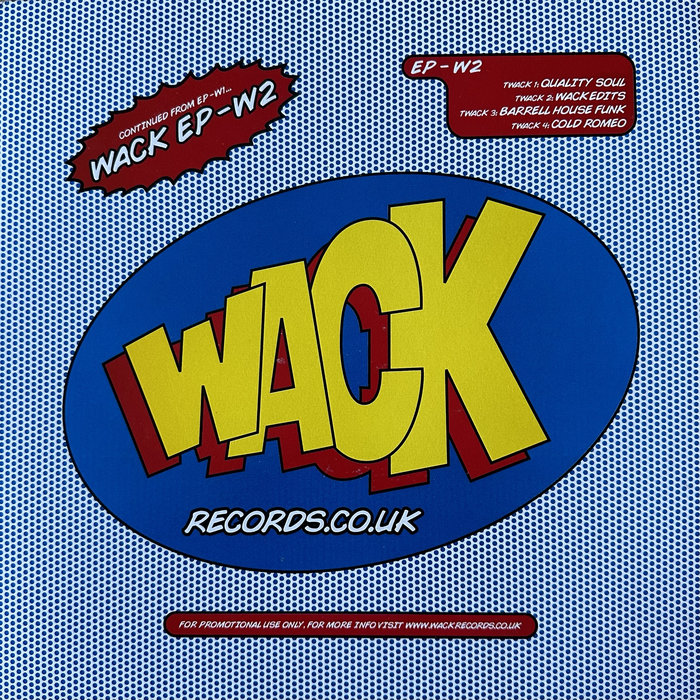
Barrell House Funk – Smoove
this blog is GROOVY – check out great Soul, Funk, Jazz, Hip Hop, Bass, Breaks , Reggae, House n many more TUNES
Wack. It’s a word we throw around a lot these days, but it actually has a rich history in the world of music. While not a genre in itself, “wack” has been used to describe anything that’s simply not cool, not trendy, not the latest and greatest.
Early Days: When Wack Was Actually Cool
Believe it or not, “wack” actually had its origins in the 1960s, often used to describe “out there” musical styles like psychedelic rock. The word meant “unconventional” or “eccentric,” and sometimes even “innovative.” Think of it as a badge of honor for artists pushing boundaries.
The Rise of the “Wack” Label:
As musical trends evolved, “wack” started to take on its more familiar negative connotation. The advent of disco in the 70s led to a backlash from rock fans who dubbed it “wack.” The same fate awaited the new wave movement of the 80s, with its synth-heavy sounds and outrageous fashion.
The “Wackness” of the 90s:
The 90s saw “wack” firmly established as a derogatory term. Grunge bands like Nirvana, with their unkempt looks and raw sound, were labeled “wack” by those clinging to the pop-metal trends of the 80s. Ironically, the term itself became a sort of counterculture label, adopted by artists who embraced the “uncool” label as a badge of defiance.
Wack in the 21st Century:
Today, “wack” remains a term used to describe music that is considered outdated, uninspired, or simply not to someone’s taste. It’s used both casually and intentionally to provoke a reaction.
Funny Facts about Wack Music:
The Verdict:
Wack is a subjective term, always evolving and reflecting the ever-changing landscape of music. While it might seem negative, “wack” can also be a sign of individuality, rebellion, and, in some cases, a catalyst for artistic reinvention. So, the next time you hear someone call something “wack,” remember that it’s just an opinion, and it might even be a secret compliment in disguise.

Barrell House Funk – Smoove